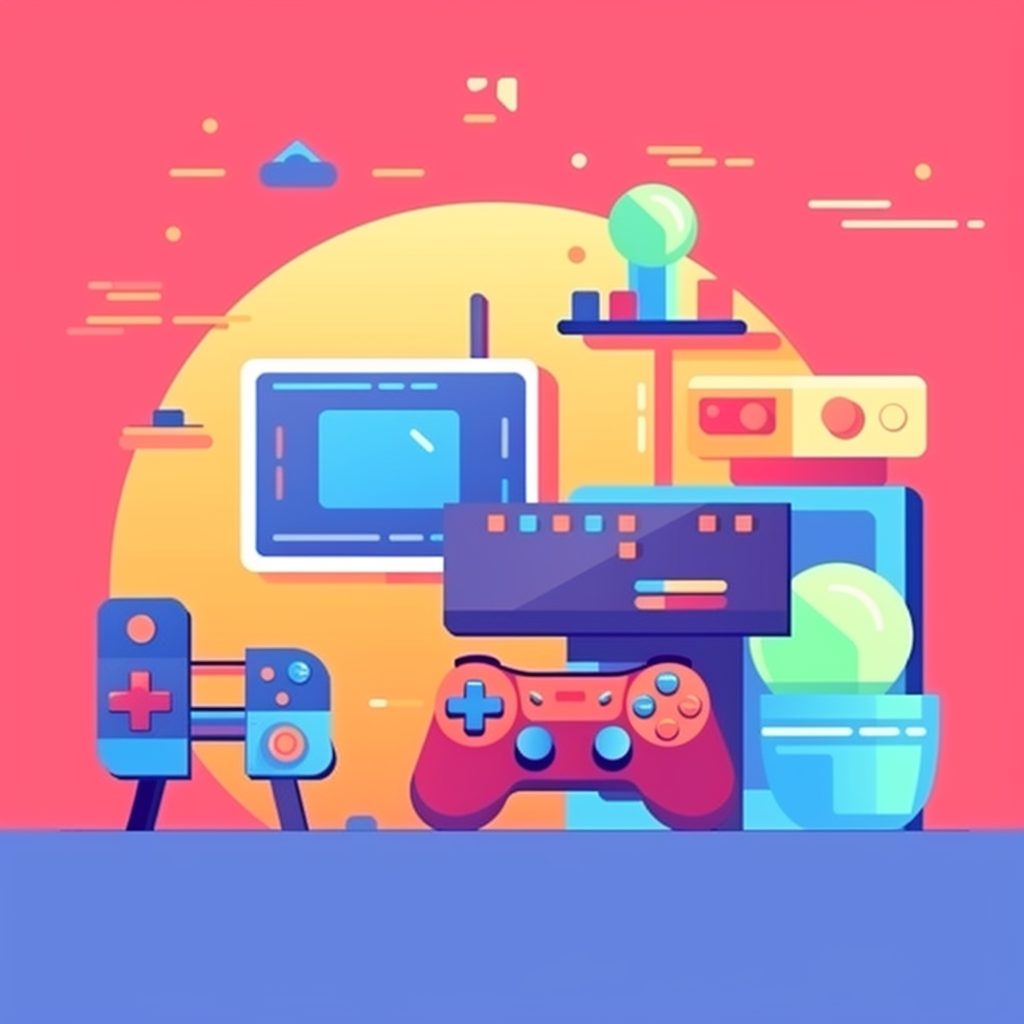In Godot, dictionaries are a versatile data structure that can be used to store and manage key-value pairs. Understanding how to work with dictionaries is crucial for creating efficient and well-organized games. In this guide, we will explore the Godot Dictionary in-depth, including how to create, access, modify, and iterate through dictionaries in your projects.
Understanding Godot Dictionary
In Godot, a Dictionary is similar to an associative array or a hash map found in other programming languages. It stores key-value pairs, where the key is unique and used to access the corresponding value. Dictionaries can hold various data types, including integers, strings, arrays, and even custom objects, making them a powerful and flexible data structure for managing game data.
Creating a Dictionary in Godot
To create a dictionary in Godot, use the following syntax:
var my_dictionary = {}
You can also create a dictionary with pre-defined key-value pairs like this:
var my_dictionary = {"key1": "value1", "key2": "value2", "key3": "value3"}
Accessing and Modifying Dictionary Values
To access a value in a dictionary, use its corresponding key:
var value = my_dictionary["key1"]
If the key does not exist in the dictionary, Godot will return null. To avoid potential errors, you can use the `has` method to check if a key exists:
if my_dictionary.has("key1"):
var value = my_dictionary["key1"]
else:
print("Key not found.")
To modify a value in a dictionary, simply assign a new value to the key:
my_dictionary["key1"] = "new_value"
If the key does not exist, it will be added to the dictionary with the new value.
Iterating Through a Dictionary
To iterate through a dictionary and access both keys and values, use the `for` loop with the `items` method:
for key, value in my_dictionary.items():
print("Key:", key, "Value:", value)
If you only need to iterate through the keys or values, you can use the `keys` or `values` methods, respectively:
for key in my_dictionary.keys():
print("Key:", key)
for value in my_dictionary.values():
print("Value:", value)
Godot Dictionary Functions and Usage
Godot dictionaries come with a variety of built-in functions that make working with them more manageable. Let’s explore some of the most commonly used functions:
Adding and Removing Elements
To add a new key-value pair to a dictionary, use the `store` method:
my_dictionary.store("new_key", "new_value")
To remove a key-value pair from a dictionary, use the `erase` method:
my_dictionary.erase("key_to_remove")
Note that using the `erase` method on a non-existent key will not cause an error.
Checking for Key Existence
As mentioned earlier, the `has` method can be used to check if a key exists in the dictionary:
if my_dictionary.has("key_to_check"):
print("Key exists.")
else:
print("Key does not exist.")
Clearing a Dictionary
If you need to remove all key-value pairs from a dictionary, use the `clear` method:
my_dictionary.clear()
Dictionary Size
To find the number of key-value pairs in a dictionary, use the `size` method:
var dict_size = my_dictionary.size()
print("Dictionary size:", dict_size)
Advanced Usage of Godot Dictionary
In addition to the basic operations, there are more advanced techniques for working with dictionaries in Godot.
Nested Dictionaries
It is possible to have dictionaries inside dictionaries, which can be useful for organizing more complex game data. Here’s an example:
var nested_dictionary = {
"level1": {
"score": 100,
"completed": true
},
"level2": {
"score": 200,
"completed": false
}
}
var level1_score = nested_dictionary["level1"]["score"]
print("Level 1 score:", level1_score)
Converting Dictionaries to JSON
When saving or transferring game data, it can be helpful to convert a dictionary to a JSON string. To do this, use the `to_json` function from the `JSON` singleton:
var json_string = JSON.print(my_dictionary)
print(json_string)
Similarly, to parse a JSON string back into a dictionary, use the `parse_json` function:
var parsed_dictionary = JSON.parse(json_string).result
By mastering the Godot Dictionary, you can effectively manage your game data and create more organized projects. With the ability to create, modify, and iterate through dictionaries, you’ll have the tools necessary to handle complex data structures and take your game development skills to the next level.
For a more in-depth look at working with 2D game worlds in Godot, be sure to check out our guide on Mastering Godot Tilemaps.







